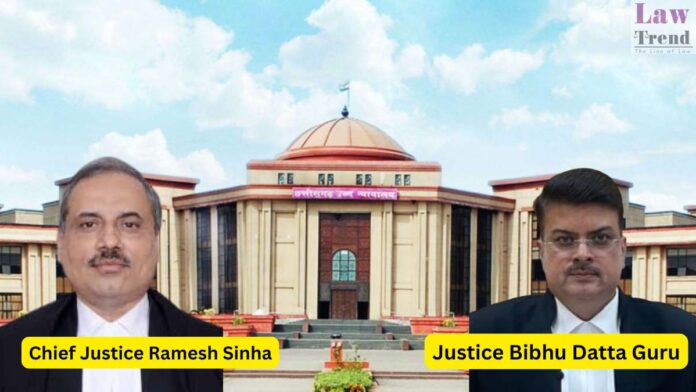The Chhattisgarh High Court has acquitted three individuals—Mohd. Siraz, Sarita David, and Vipasha David—convicted by the Special Judge (NIA Act), Bilaspur, under various sections of the Indian Penal Code (IPC), including Section 370 for human trafficking. The Court ruled that the prosecution failed to establish the required ingredients of the offences, particularly the element of
To Read More Please Subscribe to VIP Membership for Unlimited Access to All the Articles, Download Available Copies of Judgments/Order, Acess to Central/State Bare Acts, Advertisement Free Content, Access to More than 4000 Legal Drafts( Readymade Editable Formats of Suits, Petitions, Writs, Legal Notices, Divorce Petitions, 138 Notices, Bail Applications etc.) in Hindi and English.




